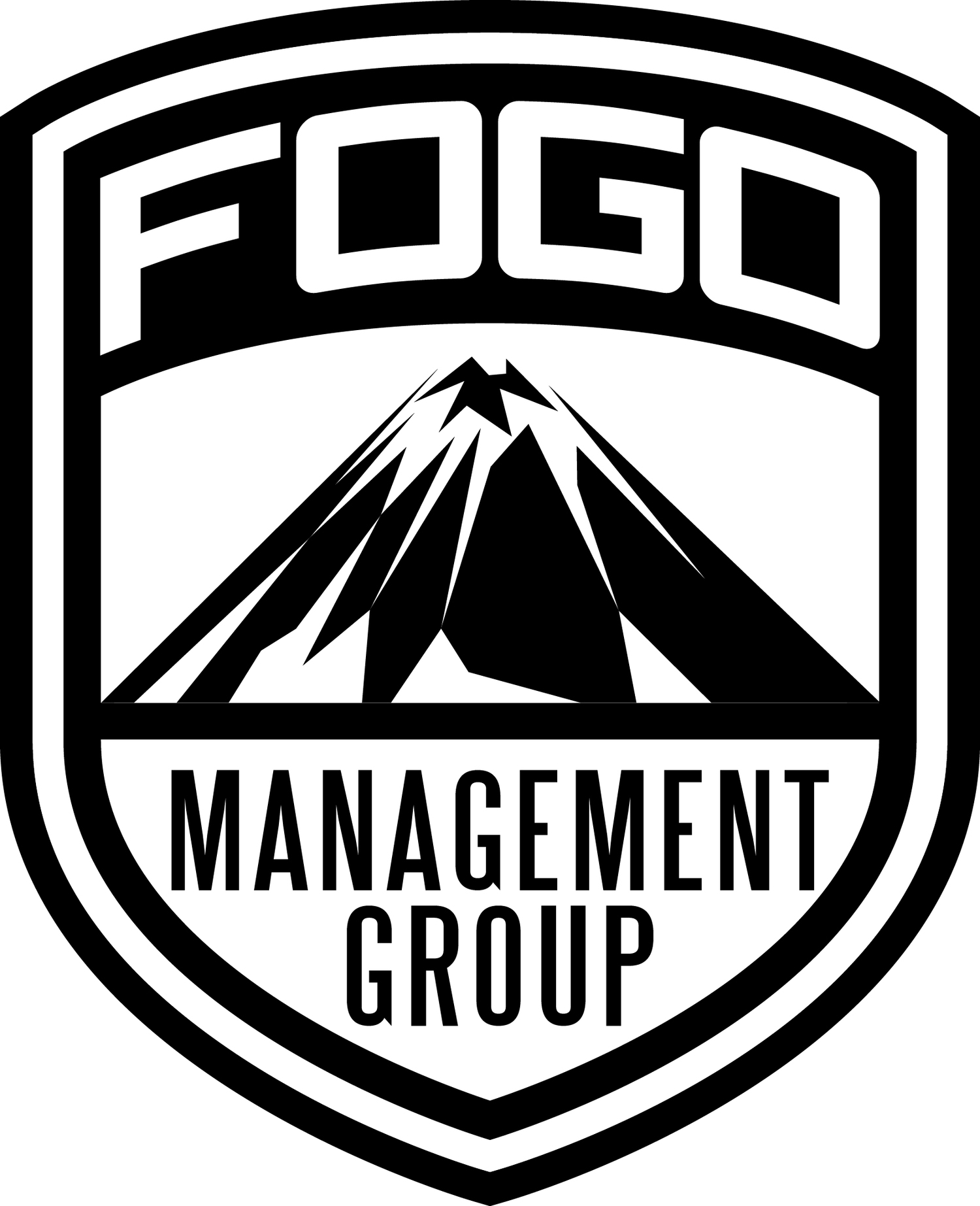One of the keys to success in any business is building a network. I have found, time and time again, that my global network, is one of the most valuable assets of my business.
But why is it so important? Industry connections, regardless of what line of business you are in, cannot only help you to establish yourself in an industry, but they serve as a primary means for helping you grow. There is so much knowledge in the world, and there is almost no unchartered territory when it comes to business these days. What does this mean? There are a lot of individuals out there in the world who have already tried and failed, who have amassed a lot of knowledge and who know the pitfalls and how to avoid them. These are the individuals that can help you along as you clear a path for yourself.
The music business is no exception. Have you ever heard someone sing that was just so talented and amazing you couldn't believe they weren't up on a stage singing to a crowd of thousands? While there are some stories of random discovery out there, by and large individuals in the music industry build networks and seek talent by leveraging relationships they have with others in the industry. If you want to make it, whether you aspire to sing or dance or be a personal assistant or stylist, you need to know key people in the industry who can help you make inroads.
The difficulty with networking in music is that many of those industry people are simply not reachable. Consumers of urban music have almost zero access to the music industry as a whole, and if they do not reside in such music markets as Los Angeles, New York, Miami, Atlanta, or Nashville, they have almost no chance of creating a role for themselves within the industry. Without a role, they cannot fully have an opportunity to participate in the systems, which their dollar and their choice help to create.
Urban individuals only have access to the industry in remote cases when they personally know someone already working in the industry or if they attend a music conference, which can cost upwards of $5,000 for a weekend. A majority of the “urban music” demographic cannot afford to attend the average music conference; however, attendance at an industry conference or seminar is one of the best ways to further a career and/or business. Conferences are designed to help participants amass usable content on a variety of relevant subjects and keep attendees up-to-date with the latest changes occurring within the industry. Furthermore, conferences provide the best opportunity for networking.
To find out what Fogo Management is doing to help make the music industry more accessible to artists and those pursuing careers in the music business, stay tuned for our next blog!
